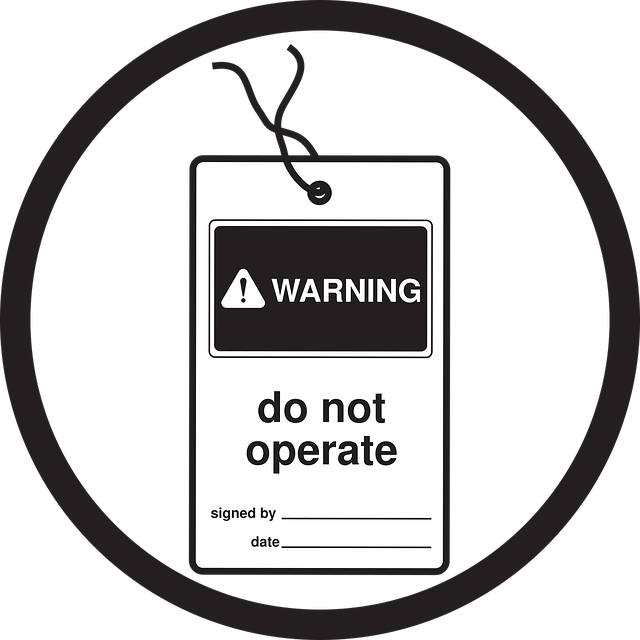Skin tags, caused by friction or medical conditions, can be removed in Manchester through various methods like surgical excision, cryotherapy, laser treatments, or topical creams. While professional services are available, home remedies such as duct tape and apple cider vinegar offer natural alternatives. Prevention includes hygiene, clothing choices, avoiding manipulation, a healthy diet, and regular exfoliation to reduce tag formation.
Looking to get rid of unsightly skin tags? This comprehensive guide explores effective tag removal methods, offering insights tailored to Manchester’s aesthetic needs. We delve into understanding these small growths, their causes, and varying appearance. From clinical procedures like cryotherapy to natural home remedies, we provide a spectrum of solutions for safe and efficient Tag Removal Manchester residents trust. Discover prevention tips to avoid reoccurrence and reclaim your smooth, tag-free skin.
- Understanding Skin Tags: Causes and Appearance
- Common Methods for Tag Removal Manchester
- Effective Home Remedies and Prevention Tips
Understanding Skin Tags: Causes and Appearance
Skin tags, also known as acrochordons, are small, soft skin growths that typically appear as harmless bumps on various parts of the body. They can vary in size and color, often resembling warts or small pieces of loose skin. While they are generally benign, some individuals seek Tag Removal Manchester due to their unsightly appearance or discomfort.
Causes include friction or irritation, especially in areas where skin rubs against itself, such as the neck, armpits, or groin. They can also develop during pregnancy or due to certain medical conditions like obesity or diabetes. Understanding these causes is crucial for effective Tag Removal Manchester strategies, as it helps individuals identify and address the root of the issue alongside removing the tags themselves.
Common Methods for Tag Removal Manchester
In Manchester, like many places, there are several common methods for Tag Removal. One popular approach is through surgical excision, where a doctor cuts out the tag and stitches the skin closed. This method is effective but may leave a small scar. An alternative is cryotherapy, which involves freezing the tag with liquid nitrogen until it falls off. This process is usually quicker but can be more painful.
Laser treatments are another option for Tag Removal Manchester residents often consider. Laser light targets and destroys the blood vessels supplying the tag, causing it to disappear. While this method may be slightly more expensive, it’s non-invasive and can provide permanent results. Additionally, topical creams containing salicylic acid or caustic chemicals can also be used under medical supervision for milder cases.
Effective Home Remedies and Prevention Tips
While many people opt for professional Tag Removal Manchester services, there are effective home remedies that can help get rid of skin tags safely and naturally. One popular method involves using duct tape. This simple technique requires applying a small piece of duct tape over the tag for several days, changing it as needed, until the skin tag falls off. Another natural approach is to use apple cider vinegar. Soaking a cotton ball in apple cider vinegar and gently rubbing it on the skin tag daily can help dissolve the skin’s upper layers and eventually remove the tag.
Prevention is key when it comes to skin tags. Keeping the skin clean and dry, avoiding tight clothing that irritates the skin, and refraining from biting or picking at tags can help prevent their formation. Additionally, maintaining a healthy diet rich in vitamins and minerals supports overall skin health, reducing the likelihood of developing skin tags. Regularly exfoliating the skin gently can also help remove dead skin cells and prevent tags from forming.
When it comes to Tag Removal Manchester, understanding your options is key. Whether you opt for common medical procedures or try home remedies, addressing skin tags effectively can boost your self-confidence. Remember, prevention through hygiene and careful consideration of triggering factors can help minimize their appearance. Always consult a professional for personalized advice tailored to your specific case.
